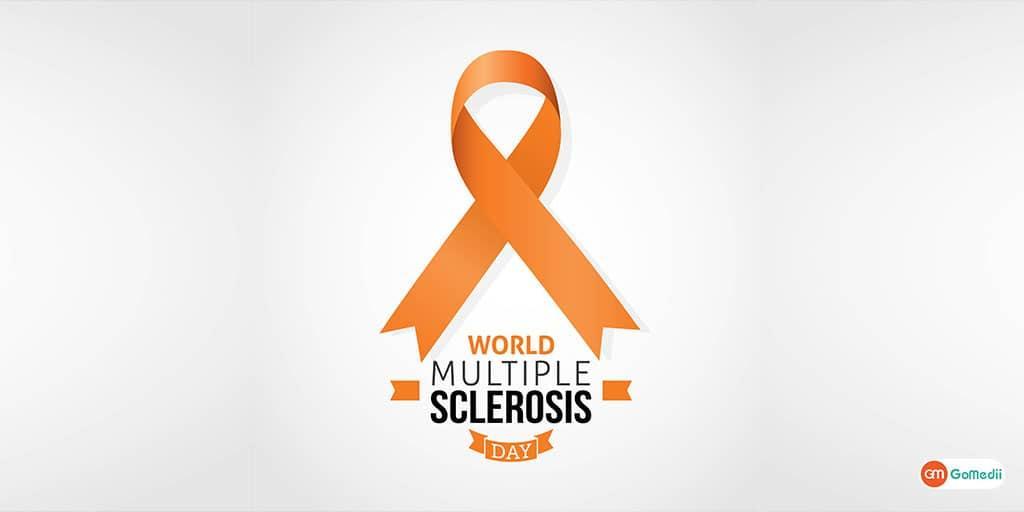Africa-Press – Botswana. Come May 25, Botswana will commemorate Multiple Sclerosis Day at Gaborone’s GSS grounds.
In an interview Ms Gomolemo Marumo, who is living with the condition said multiple sclerosis (MS) was the most common neurological disease affecting young adults.
She however, said most people were unaware that they were living with the condition.
Having diagnosed with the condition in 2013, Ms Marumo said it took a series of tests to be fully diagnosed, especially that the symptoms were the same as other conditions’.
She explained multiple sclerosis as ‘a chronic autoimmune disease that affects the central nervous system that is made of the nerves, the brain and the spinal cord.
She said the disease confused the entire body system, making communication from the nerves and the brain to the rest of the body difficult.
Ms Marumo also pointed out that multiple sclerosis affected more females than males, and that people aged 15-44 were the most affected.
She said the symptoms were widely varied and may include fatigue, dizziness, difficulty in walking, numbness, skin problems, blurred vision, problems with coordination and balance.
She highlighted that there was no cure for multiple sclerosis yet, however pointing out that various treatments were administered to help manage the symptoms, slow the disease progression and improve the quality of life.
In a bid to spread the message about multiple sclerosis, Ms Marumo has this year partnered with different stakeholders to educate the public on the disease, the commemoration of which is slated for May 25, where health personnel and neurologists are scheduled to make public presentations.
Sharing the sentiments, a consultant neurophysiatrist at Sidilega Private Hospital, Dr Ookeditse Ookeditse reiterated that MS affected more females than males
Dr Ookeditse said there were currently no statistics in Botswana, but studies revealed that there were less cases of multiple sclerosis along the Equatorial region.
“About 7-10 females [visit my clinic annually], no males so far” he said, nevertheless adding it was possible that most people were undiagnosed and did not know the reasons for their symptoms.
Dr Ookeditse indicated that the causes of multiple sclerosis were unknown, but involved a combination of genetic susceptibility and a presumed non-genetic trigger such as low vitamin D levels that together result in a self-sustaining autoimmune disorder that leads to recurrent immune attacks.
Dr Ookeditse nevertheless said multiple sclerosis could be treated and managed depending on the stage at which it was discovered.
He encouraged people to visit the hospital whenever they experienced MS symptoms, saying there were treatment options available used to stop progression or new attacks of the disease, as well as neuro-rehabilitation that improved neurological deficits such as weakness of extremities balance and gait functions.
For More News And Analysis About Botswana Follow Africa-Press






